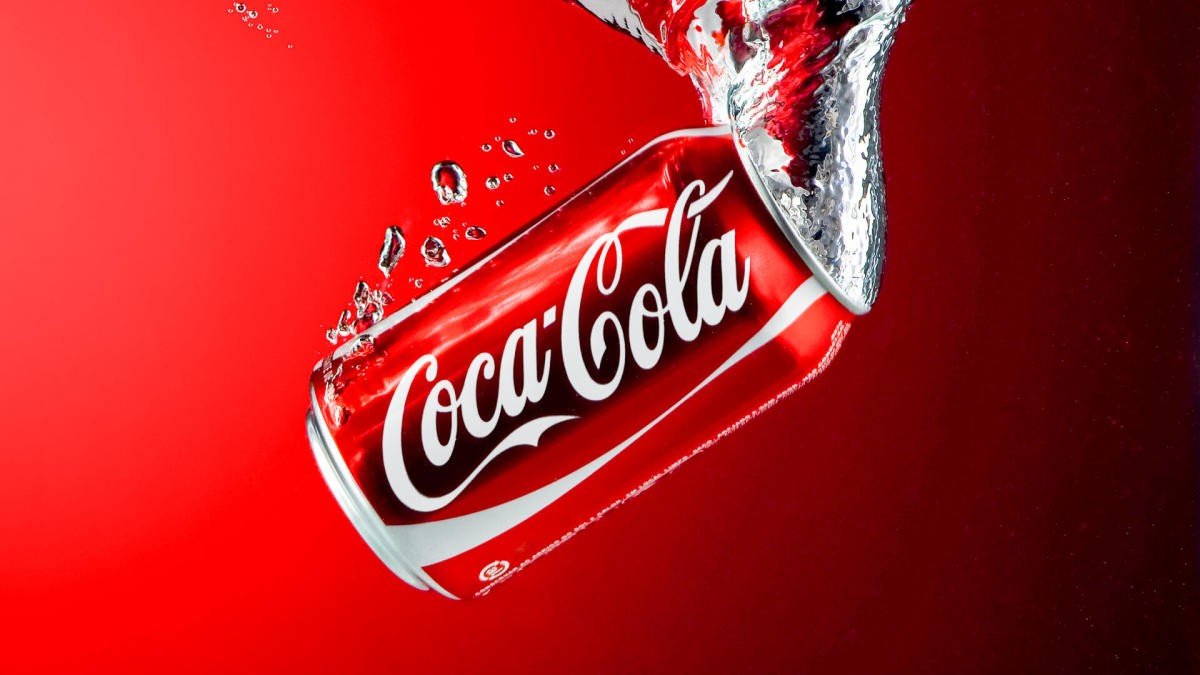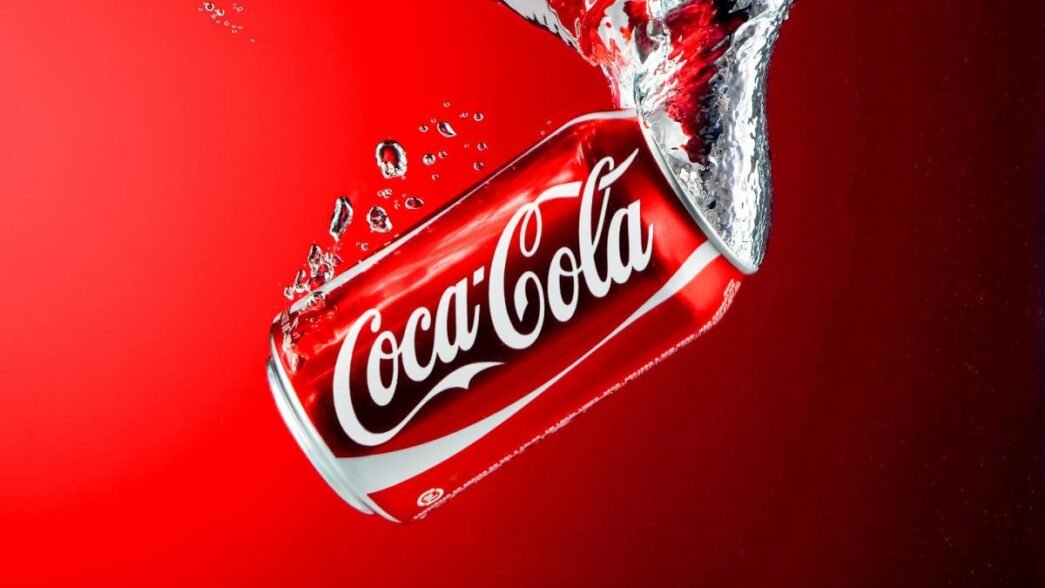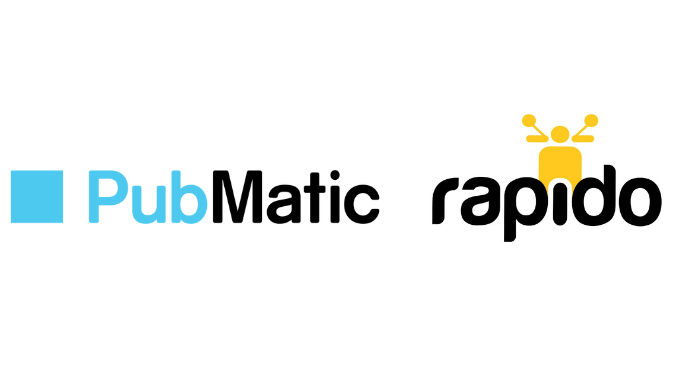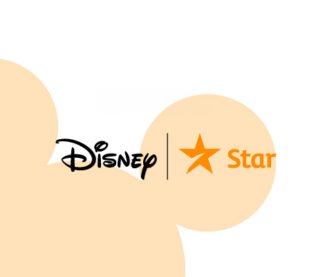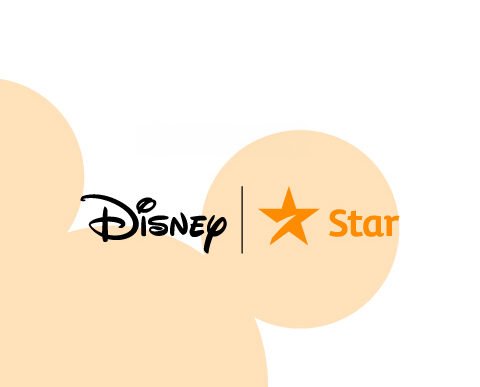New Delhi: Leading the charge towards a circular economy, Coca-Cola India has launched an eco-friendly initiative by introducing its Affordable Small Sparkling Package (ASSP) in 100% recycled PET (rPET) bottles. The new 250ml bottles, initially rolled out in Orissa, mark a significant step in the beverage industry’s sustainability efforts.
Coca-Cola India, known for pioneering the use of 100% rPET in the Indian beverage sector, continues its commitment to environmental responsibility with this new launch. The ASSP initiative is manufactured by Coca-Cola’s bottling partner, Hindustan Coca-Cola Beverages Pvt. Ltd. (HCCBPL), and highlights the company’s focus on reducing its carbon footprint.
The shift to rPET bottles in the ASSP line reduces carbon emissions by 36% due to the lightweight nature of the PET material. When considering the transition from virgin PET to recycled PET, the overall carbon footprint reduction reaches an impressive 66% compared to traditional non-ASSP packaging with virgin PET.
ALSO READ: Warner Bros. Discovery Unveils Exciting June Lineup for Kids’ Entertainment
Alok Sharma, Executive Director, Supply Chain at HCCB, emphasized the importance of this initiative, stating, “The introduction of recycled PET in ASSP is a crucial step towards plastic circularity, emphasizing a substantial reduction in the overall carbon footprint. This initiative aligns with our broader vision to scale up sustainable practices and lead the way in shaping a greener future for the beverage industry in India.”
Enrique Ackermann, Vice President of Technical Innovation and Supply Chain at Coca-Cola India and Southwest Asia, reiterated the company’s dedication to sustainability. “Our efforts at expanding rPET in India is a testimony of our commitment to increase the availability of high-quality, food-grade, recycled plastic for consumers in India. With these eco-friendly bottles, we seek to drive a circular economy for packaging, reduce waste and carbon emissions, bringing us closer to the World Without Waste goal of making bottles with 50% recycled content by 2030,” said Ackermann.
